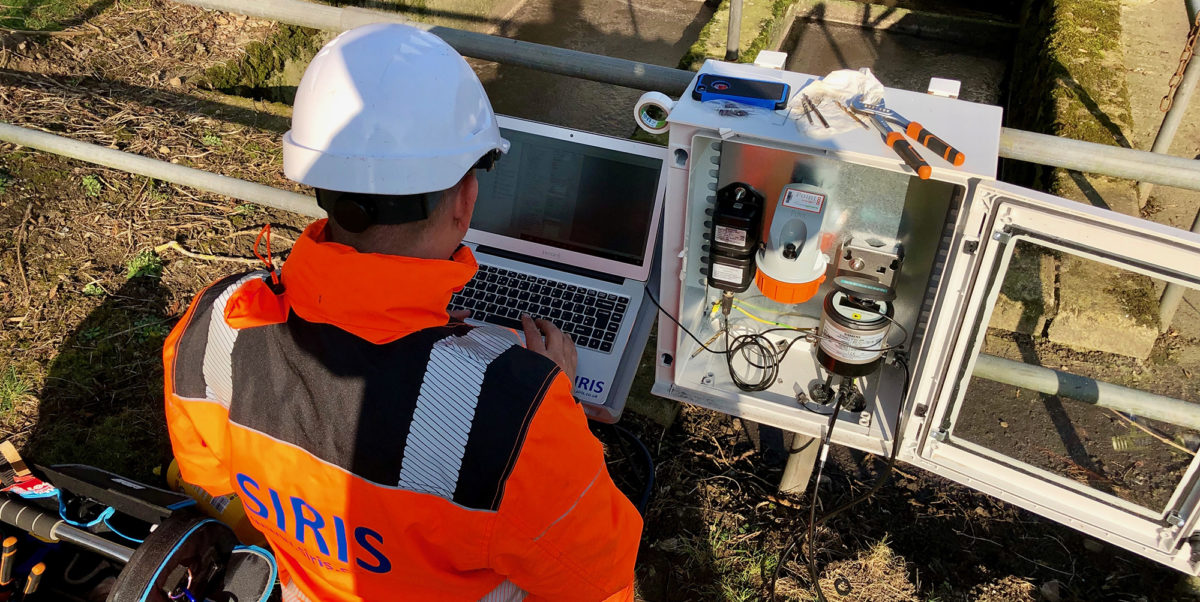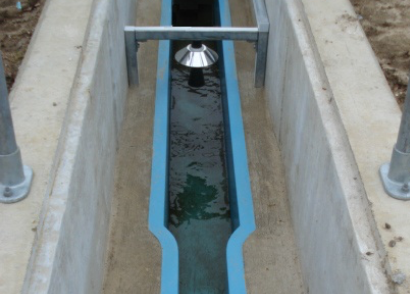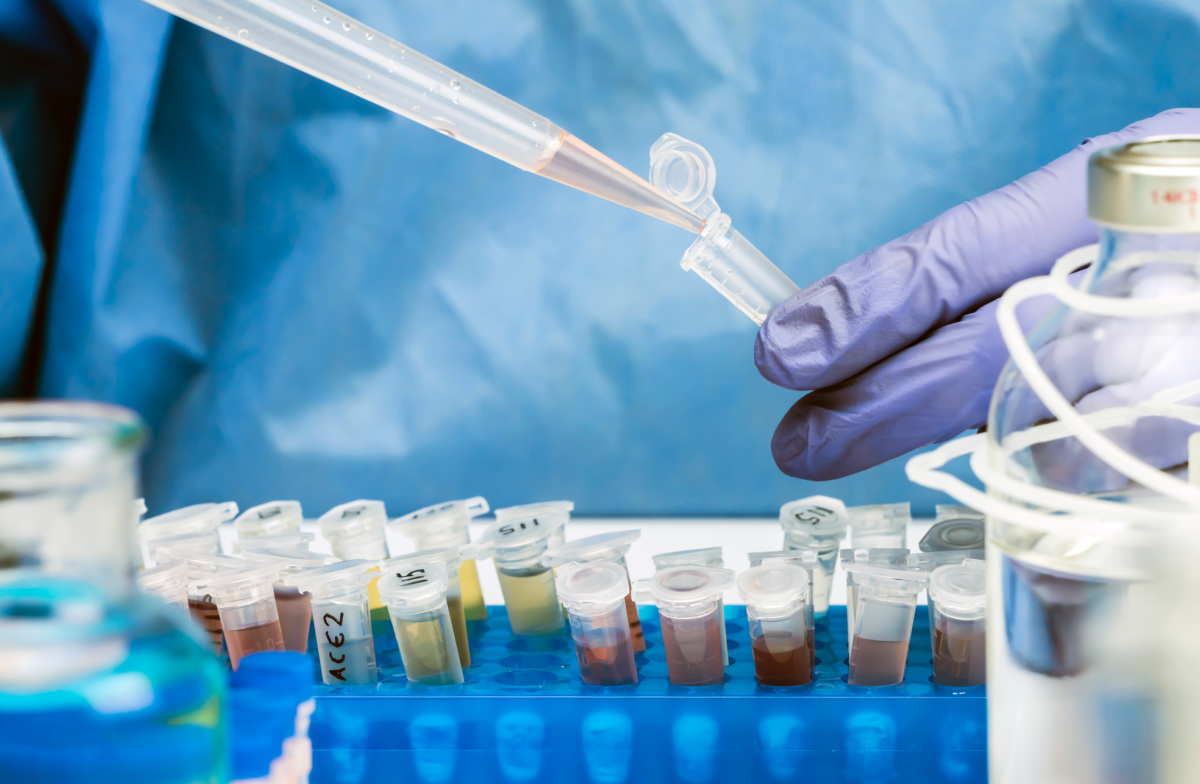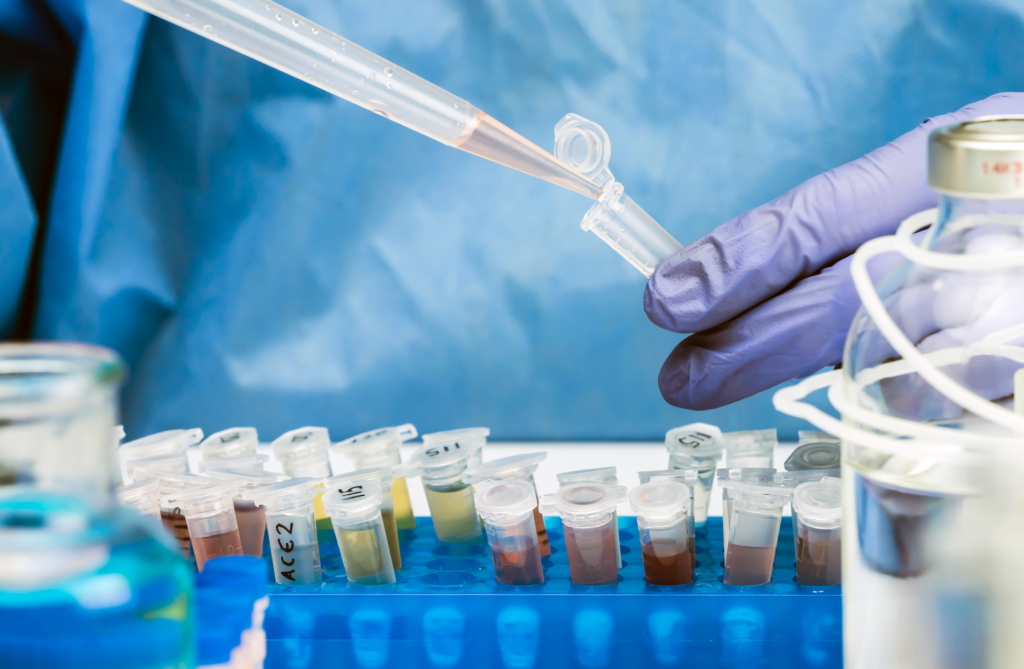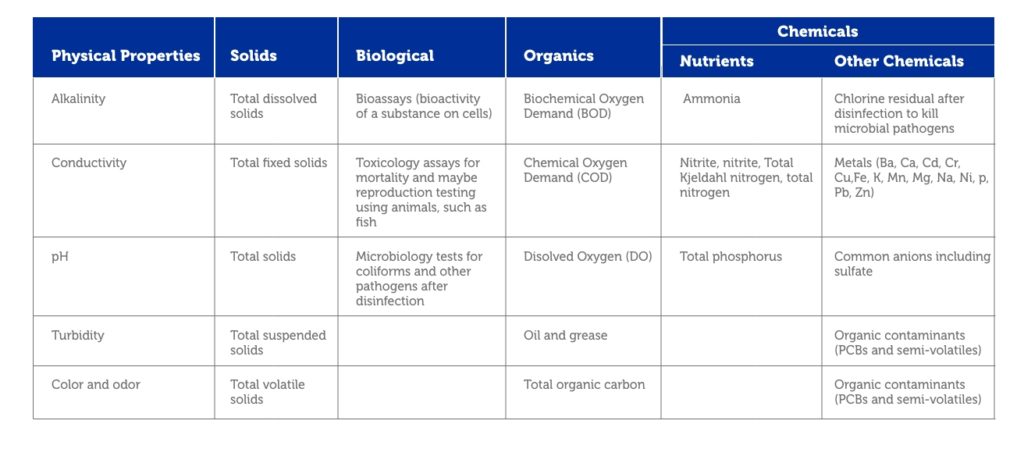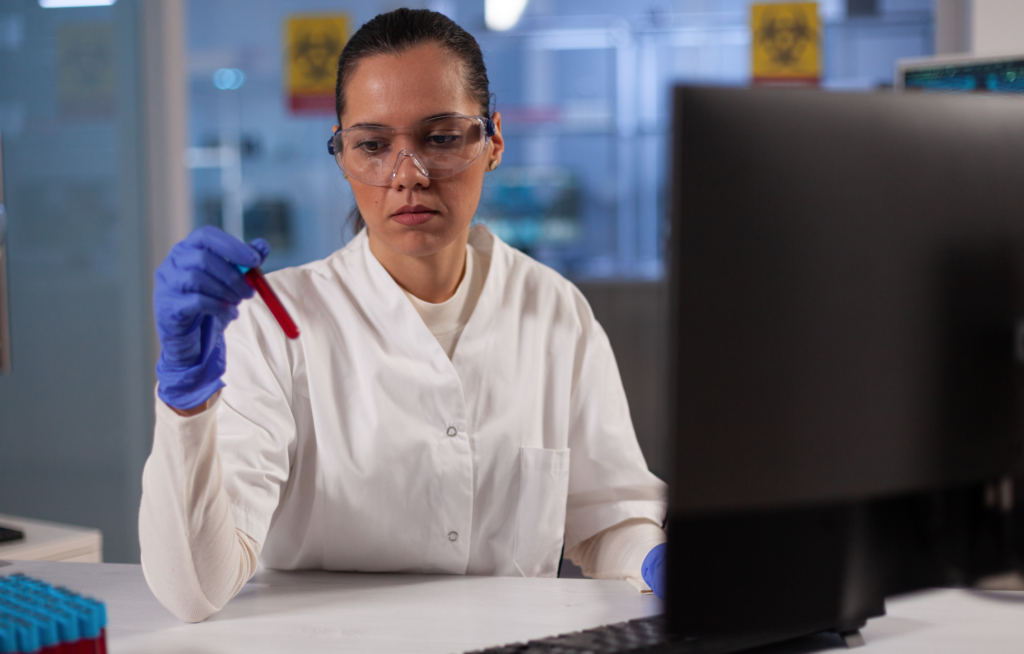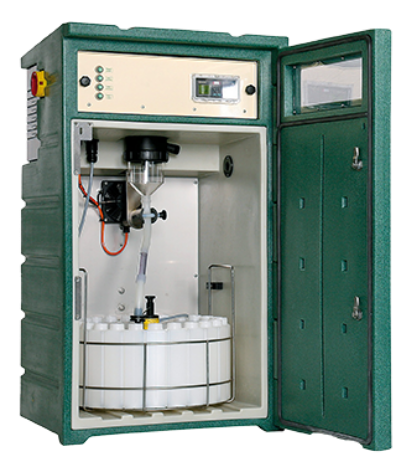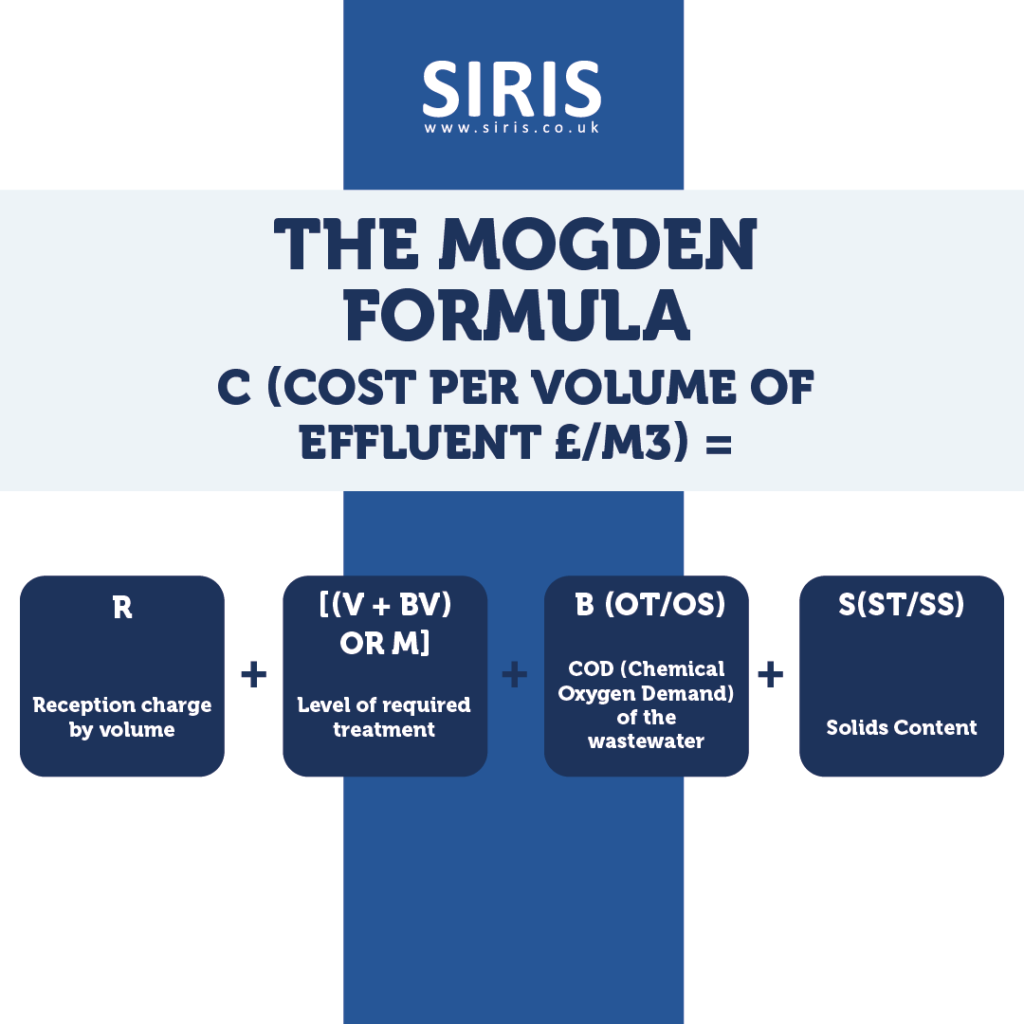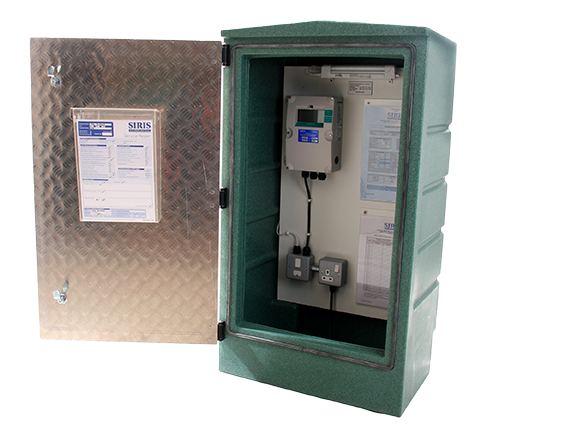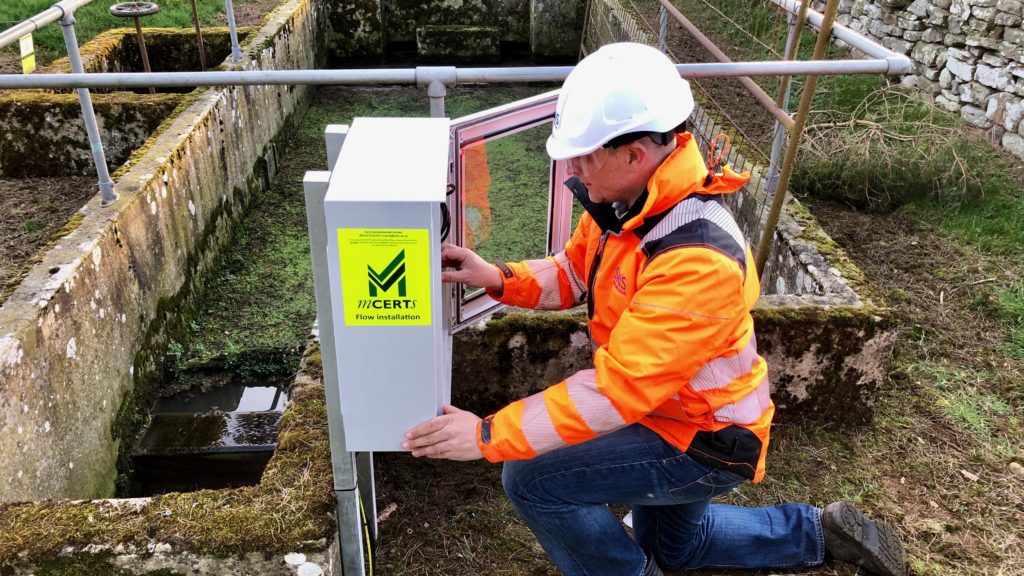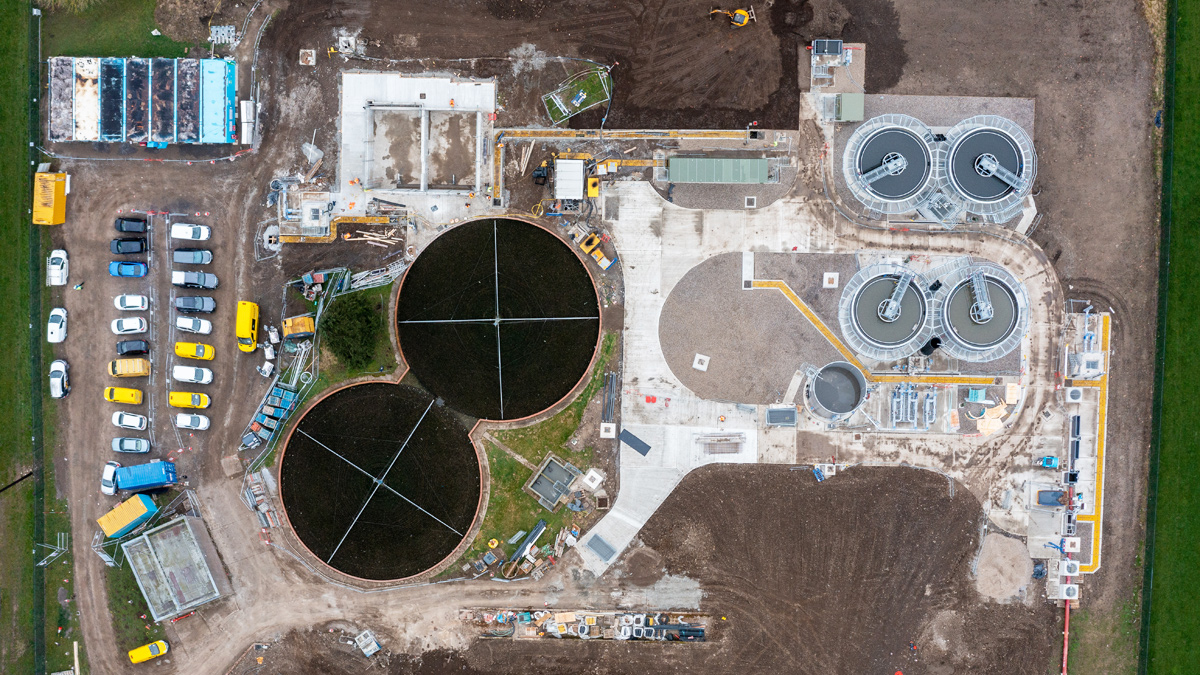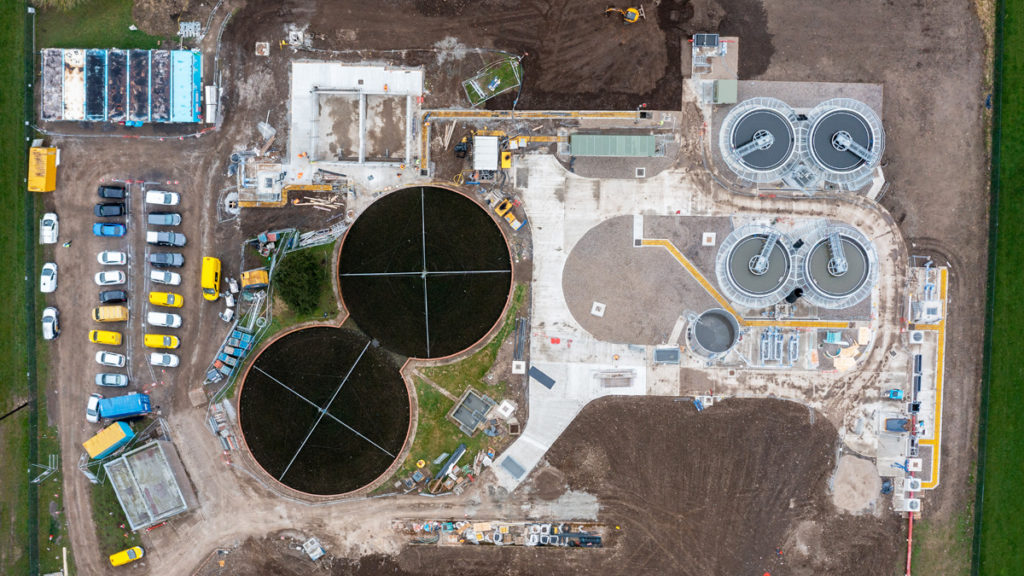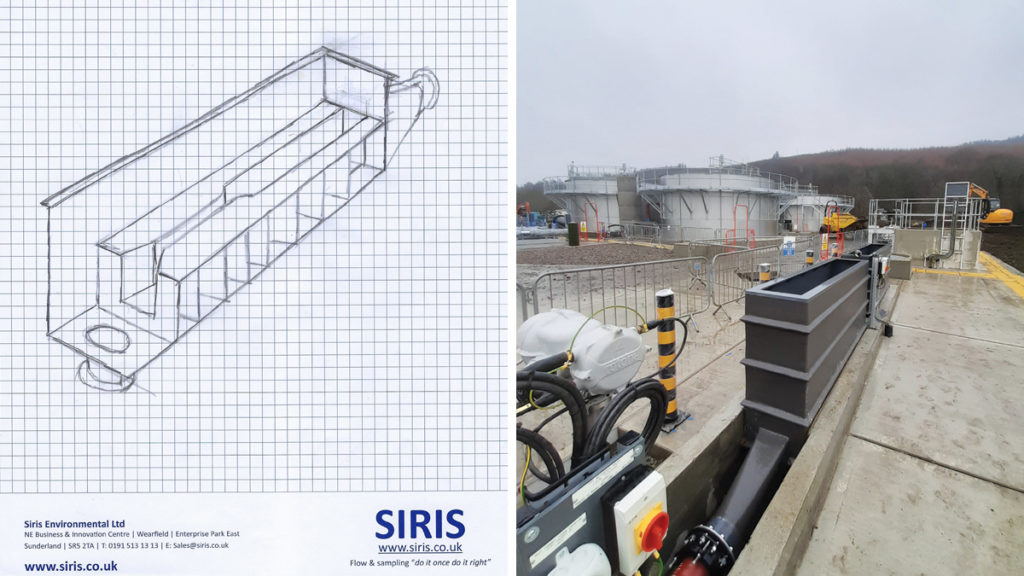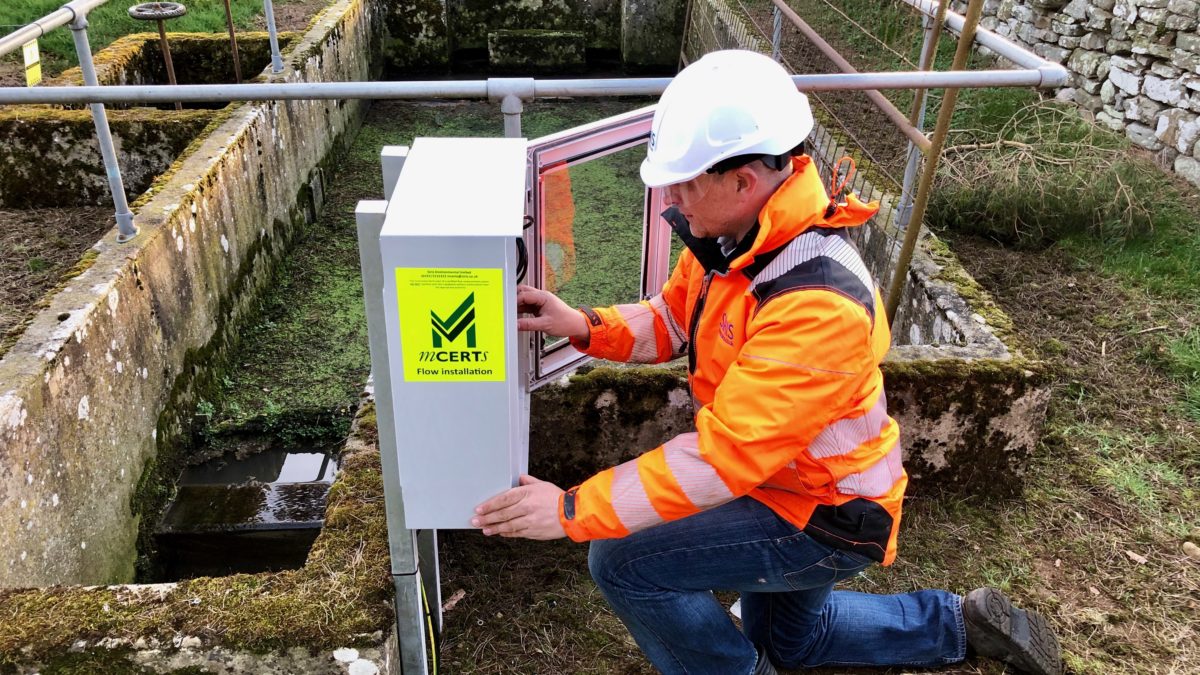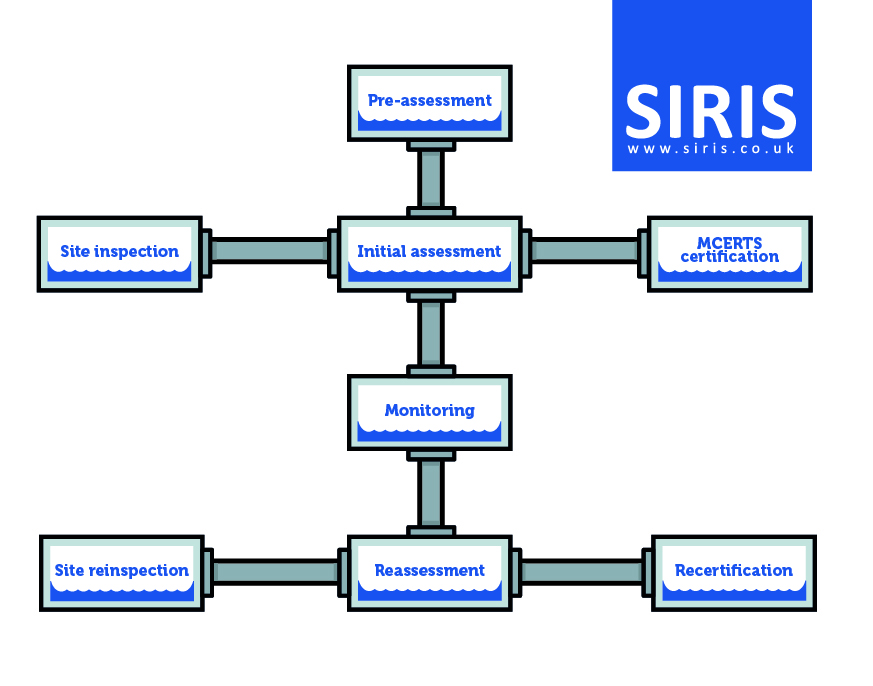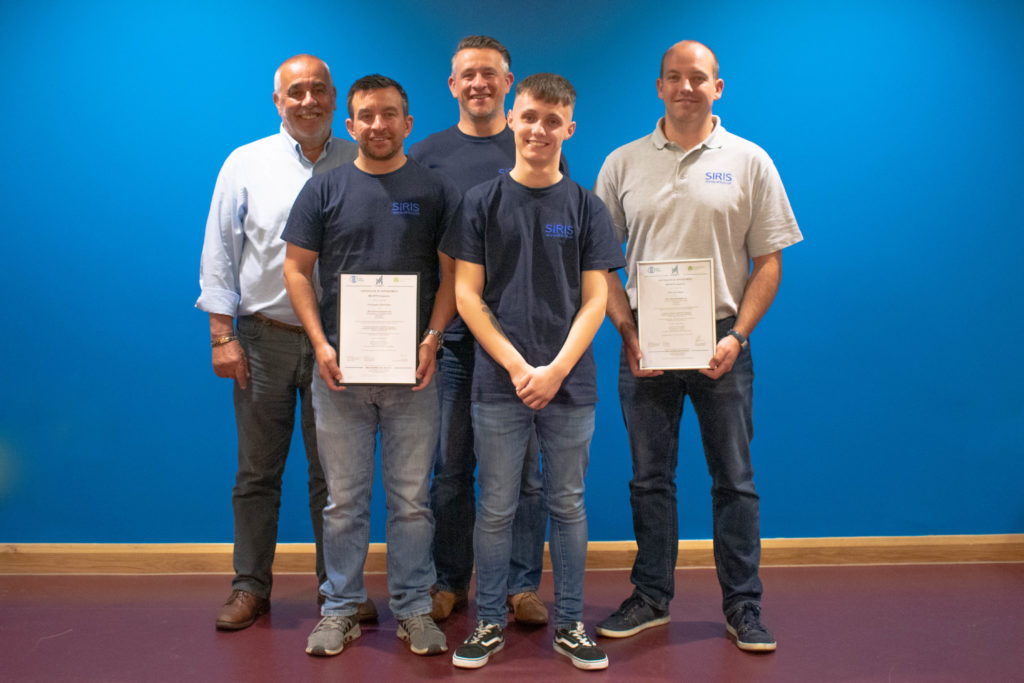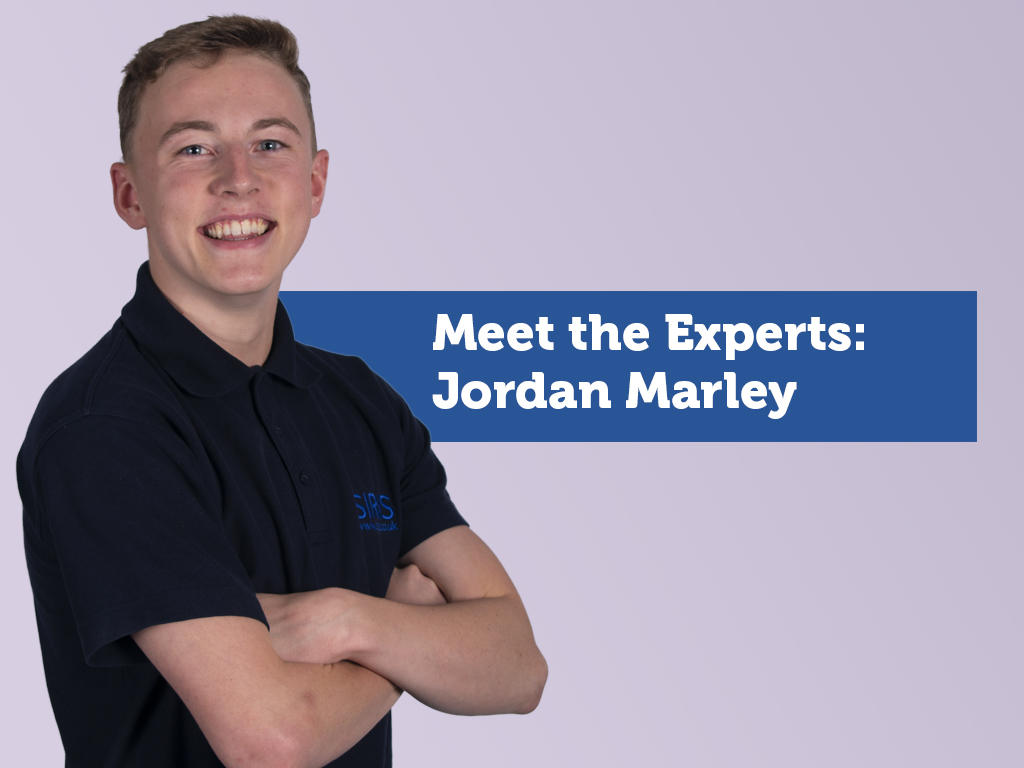TRAINEE MCERTS INSPECTOR
michael mc
on
February 28, 2023
£20,374 - £24,000
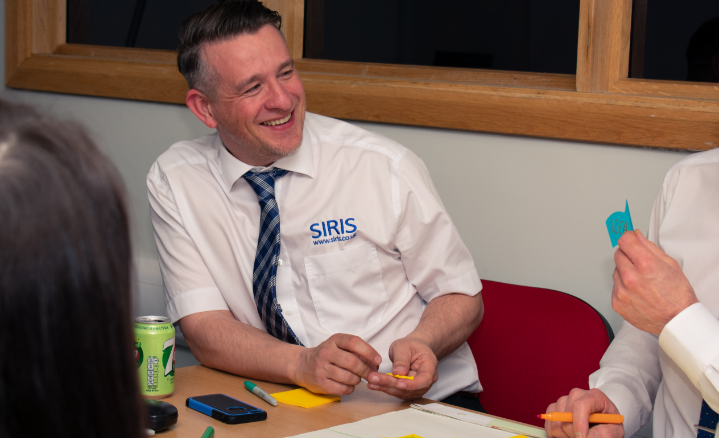
About us:
Siris Environmental is a Washington-based company providing our industrial and water utility customers with the best possible effluent flow monitoring solutions.
We work with private organisations and water companies across the UK, ranging from small trade effluent customers to large-scale factories and water companies, and have built a reputation for providing high quality service, delivered by a passionate team.
Now has never been a more exciting time to join us. We are growing rapidly and have plenty of exciting opportunities for the right person to join our team. If you are energetic, hands-on, innovative, and professional, this is the environment for you.
What will you be doing?
- You will be carrying out calibration of flow meters and service and testing of equipment in the field such as pH, temperature and water samplers
- You will also be required to support the Inspection Teams on various sewage treatment works across the UK
- The role requires keeping all equipment clean and tidy, in both the workshop and the vans and ensuring everything is within inspection date and calibration date
- You will support with equipment sales and projects, which can be as straightforward as packaging up equipment and delivering to site or helping order in parts and ensure enough stock is available
- You will work both at our Sunderland site and also at customer sites across the UK, likely working away 2-3 days every few weeks, with all hotel and travel expenses covered
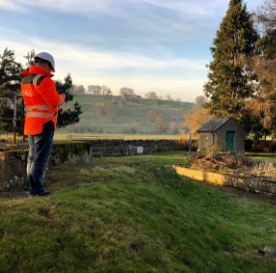
Training and Support
- You will work closely with an experienced service engineer for the first 6-12 months as your mentor, providing support and on-the-spot training during your duties
- You will also receive various formal training at key points within your role, working towards the end role of qualified MCERTS Inspector
- Long-term career progression with continuous support and training is naturally part of the culture here at SIRIS
Your Skills and Qualifications
- The role requires good organisational skills as you will be expected to organise inspection and service visits via calendar planning as well as get confirmation from clients via email or telephone.
- You will be naturally technically-minded, wanting to find the solutions to problems and help clients and colleagues
- A can-do, positive attitude is essential for working within SIRIS
Benefits
- Flexitime
- Family-run business feel with big business opportunities
- Work from home as role allows
- Ongoing training and development
- Prospects for career advancements
Schedule:
- 10 hour shift
- 8 hour shift
- 37.5 hours per week
Supplemental pay types:
- Loyalty bonus
- Performance bonus
COVID-19 considerations:
SIRIS adhere to all government guidelines in respect of COVID-19
Ability to commute/relocate:
Washington: reliably commute or plan to relocate before starting work (required)
Education:
- GCSE or equivalent (required)
Licence/Certification:
- Driver’s licence (preferred)

